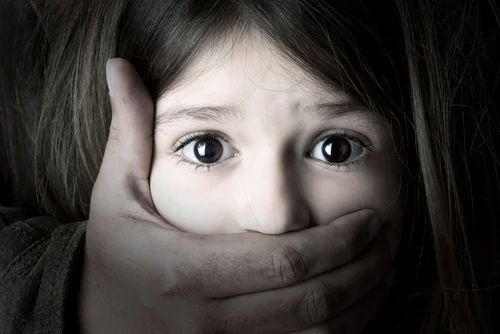+1 845 259 2974 (11 a.m to 7 p.m CST)
The Hideous Nature of Online Blackmail

When Daniel Perry began an adventurous online relationship with an “American girl” he’d met on Skype, he had no idea that he was digging his own grave. The 17-year-old Scottish boy engaged in explicit conversation, shared nude photos of himself and performed sexual acts on webcam for the pleasure of his “friend”, oblivious to the fact that these interaction were being recorded by the latter, who was not a young American girl, but in fact an adult online predator. The offender, or offenders, on the other side of the screen started blackmailing Perry, threatening to share the conversations, photos and videos with his family unless he paid up. Succumbing to the stress, fear and anxiety, the young boy committed suicide. Perry, however, is not the only teen to have gone through such a tormenting experience. Countless children around the globe are being forced by online predators into performing sexual or degrading acts for them.
The global nature of the problem
Online blackmail and exploitation of children is a universal threat. Over the past two years, Child Exploitation and Online Protection Centre (CEOP), which works across the UK, has carried out 12 operations against cyber crimes involving blackmailing of children into performing sex acts, with 424 victims worldwide and 184 in Britain. 5 of the 12 operations were conducted in Britain alone. A single police operation in Britain discovered that more than 300 children, including 96 in Britain itself, had been forced into performing live sex acts online by a small ring of pedophiles overseas. That, however, is turning out to be just the tip of the iceberg. In a non-European country, which won’t be named for legal reasons, a group of men, aged 20-44, went to trial a year back on charges of online blackmailing. In Kuwait, two brothers were found guilty of online exploitation of kids, consequently getting jailed for five years. The tragic case of British Colombia’s Amanda Todd was yet another reminder of the universal nature of the threat.
Modus operandi of cyber blackmailers
Online predators are often seen to go about their business in a very calculated and organized manner. After some preliminary research on the target’s background, they start grooming them by approaching them on some social network platform, hiding behind a fake identity of course. Gradually, they win the trust of their victim. Once that’s done, they start making the conversations more explicit, usually by bringing up the topic of sex. Once the target opens up, they coax them into engaging in even more sexually explicit conversations, and sharing photos or videos of them in sexually compromising positions. Upon getting their hands on these, online predators remove the mask while still keeping their true identity hidden, and begin blackmailing the victims, threatening to share the explicit conversations, photos or videos with the victims’ family and friends if their demands are not met. The motives for the blackmailing may be anything from sexual gratification and sadism to extortion.
Measures for threat mitigation
The severity and dire implications of online blackmailing of kids raises the need to urgently confront the issue and take measures for its mitigation. Parents need to educate kids on Internet threats, especially online predators, and also teach them to behave responsibly on social network platforms. They should be discouraged from interacting with strangers or sharing too much information about themselves or people close to them online. Furthermore, parents should encourage kids to report situations of online blackmail to them by assuring them that they won’t be stripped of their online privileges. Law enforcing authorities should be trained to deal with cases of online blackmailing in a quick and effective manner.
There is no doubt that online predators are cowards who hide behind fake identities while preying on easy targets. Unfortunately, they’re capable of having a strong influence on kids. This makes it even more important for kids, parents and law enforcing authorities to remain vigilant.























